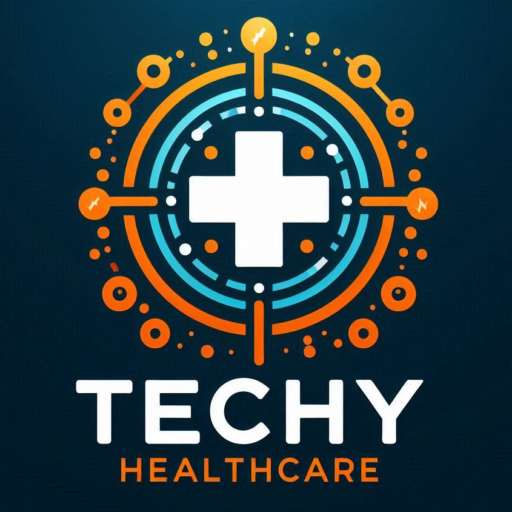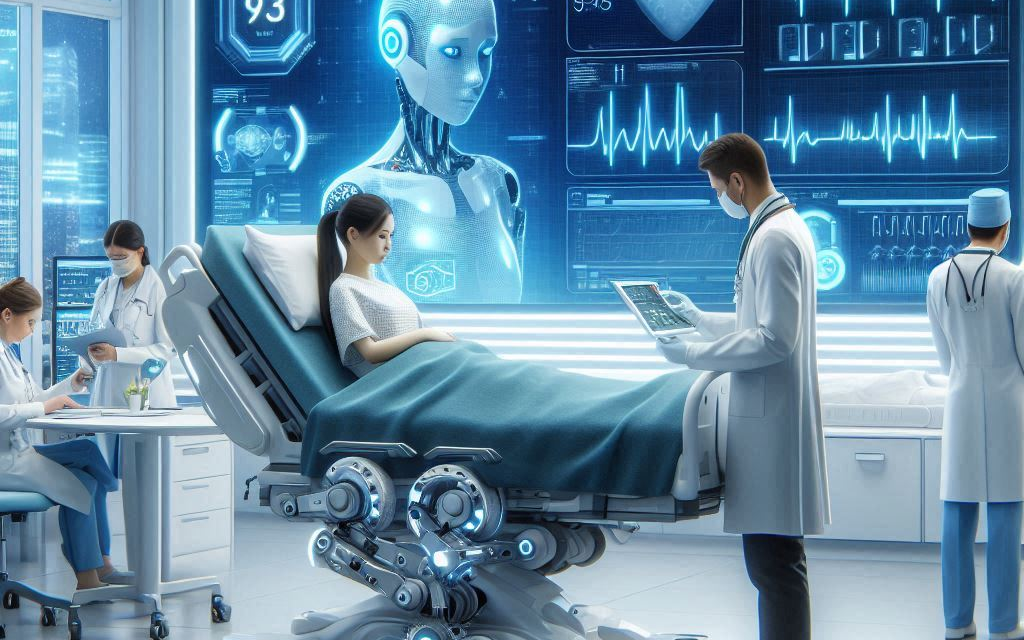Introduction
AI has become a cornerstone in healthcare, completely changing the game when it comes to diagnosing health conditions accurately, predicting effective treatments and improving patient outcomes. The Future Of Medicine Through Artificial Intelligence
Where AI is Now in Clinical Practice
Disease Diagnosis:
AI algorithms are used to analyze medical images to find diseases early and accurately (i.e., X-rays, MRIs, CT scans)
For example, in polycystic kidney disease AI can automatically calculates total kidney volume, allowing the assessment to be completed very rapidly;
Risk Assessment:
An AI can predict that someone is at high risk before they show any signs of a disease.
Heart disease risk is predicted by AI models using coronary artery calcium levels in cardiology1.
Treatment Recommendations:
This machine learning predicts what treatment will work based on genetic data, lifestyle specifics and clinical data.
Precision medicine: The best possible outcomes for every patient.
Two Challenges and Two Ethical Issues
Protecting Patient Information: The echo of data privacy.
Bias: How to avoid AI algorithms from being unfair and unclear
Needless to say, Artificial Intelligence: Not A Replacement For Human Expertise In Medicine (pros and cons)2.
Future Prospects
AI is going to be used more and more to help improve clinical workflows, save time, work on precision medicine, etc.
Using AI systems to aid healthcare experts lead to a much-enhanced patient care and lives.





